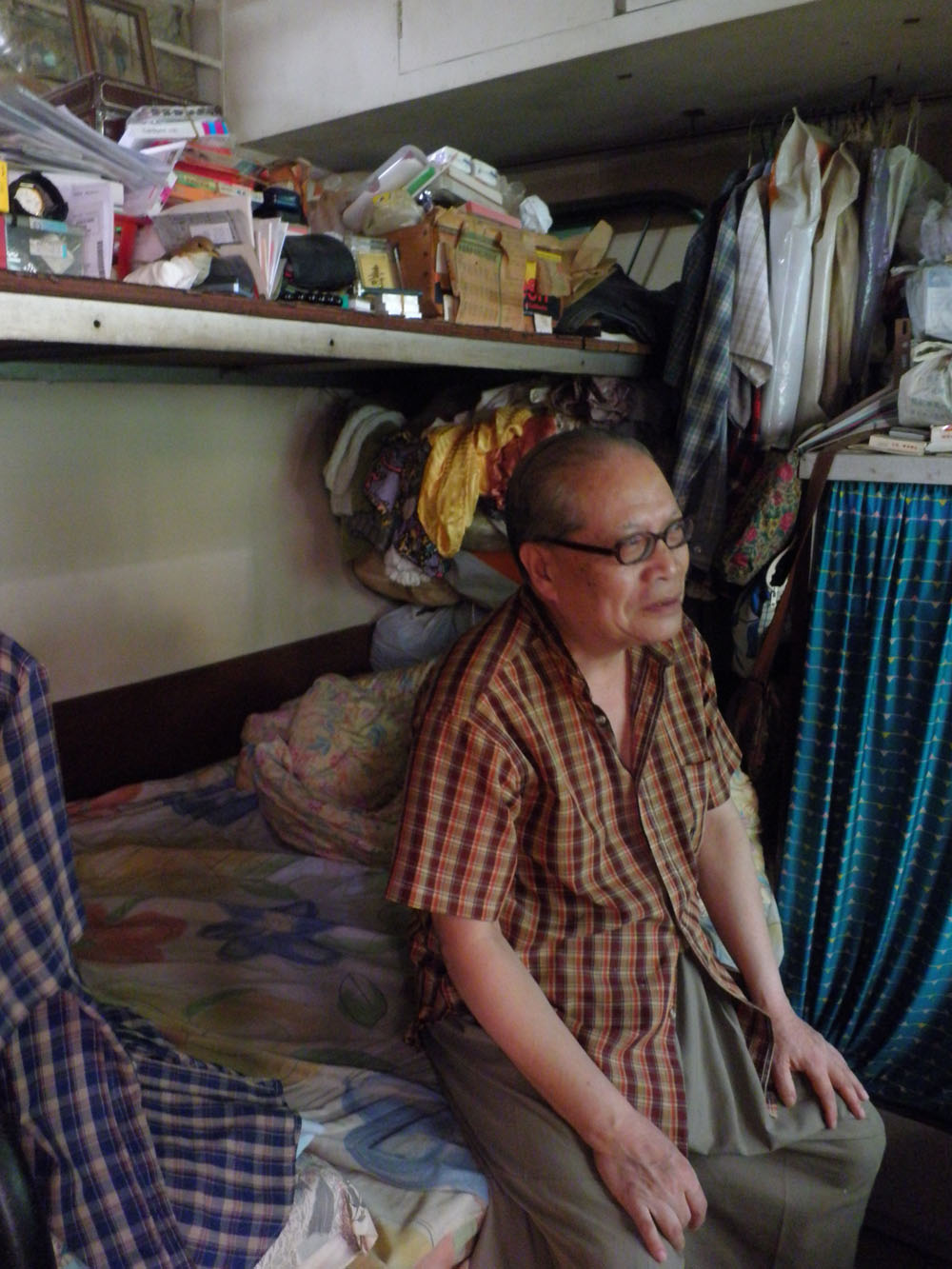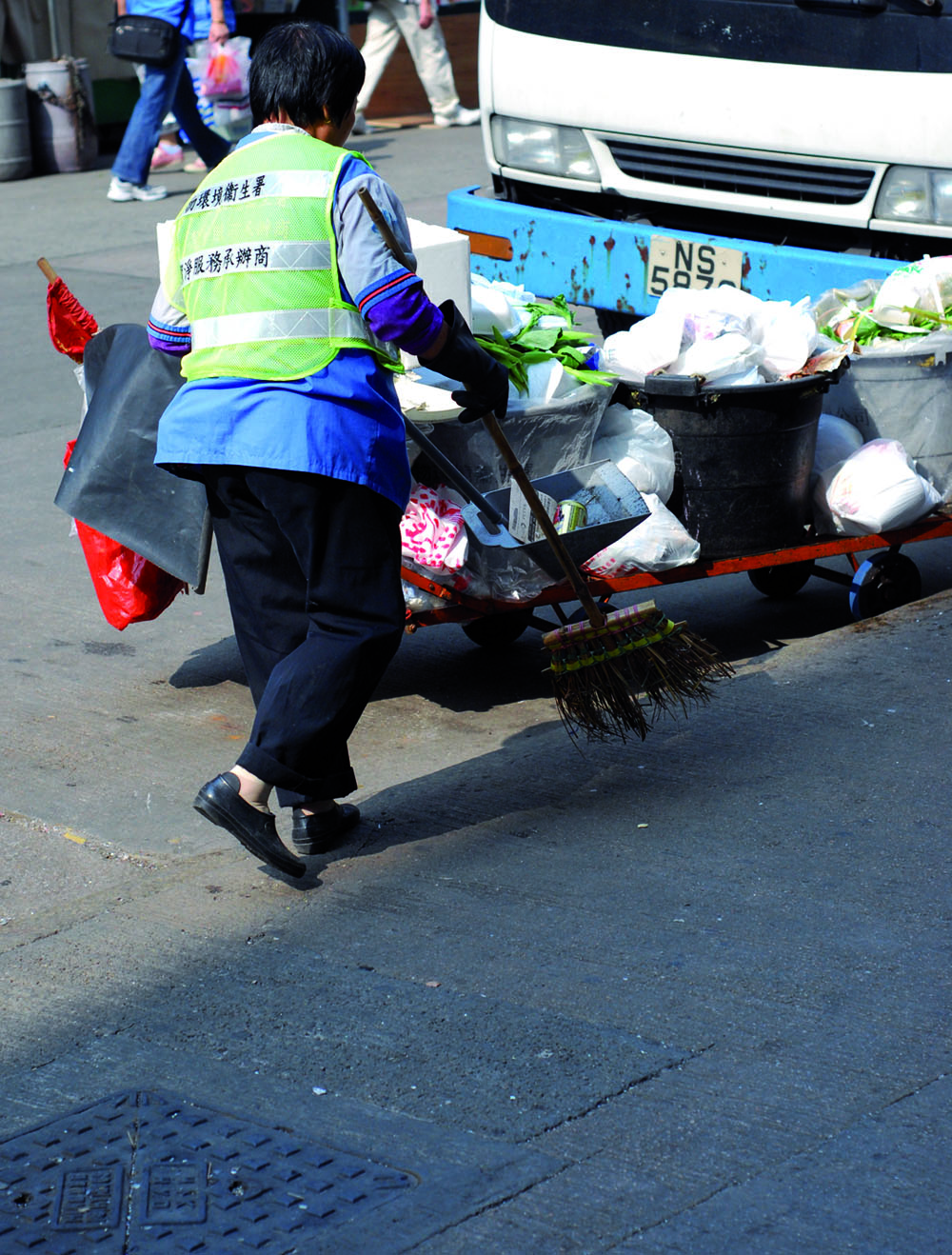Reporters: Edith Liu and Rebecca Wong
The best money saving advice may not come from financial planners, but from the 290,000 elderly people who are now living in poverty in Hong Kong.
They sit idly in the park, leaving their home appliances switched off to avoid steep electricity bills. They visit the markets at sunset when the food is the cheapest and unsold meat is occasionally given away for free. They do not cook very often because a simple dish can be stretched to feed them for at least three days.
The elderly save in every possible way. They save because they have to.
The elderly poor population has increased by 14.2 per cent over the last decade, according to the Hong Kong Council of Social Service (HKCSS). Between 2009 and the first half of this year, the elderly poverty rate rose from 31 per cent to 34 per cent, the biggest increase among all the age groups. It means one out of three Hong Kong residents aged 65 or above is now living in poverty.
The HKCSS draws the poverty line at half the median monthly household income using the Organization for Economic Cooperation and Development definition. In the first half of 2010, a single-member family with a monthly income below $3,275 would be regarded as poor, while for a three-member family, the poverty line is drawn at $10,000.
Traditionally, the elderly got by on money given by younger family members and their own savings. The government provides a supplementary benefit in the form of Old Age Allowance, also known as “fruit money”.
However, the elderly can no longer rely on the financial support of the younger generation. With the change in emphasis from the extended family to nuclear families, and the proliferation of the working poor population, it is no longer a given that sons and daughters are able or willing to support their ageing parents.
Ms Yeung, 82, lives with her son, his wife and their child in Diamond Hill. It is a working poor household and she does not expect her son to take care of her financially. “He has only given me around $3,000 in the past few decades,”says Yeung.
According to Mariana Chan Waiyong, the chief officer of the Policy Research and Advocacy of the HKCSS, the dependency ratio for working poor households like Yeung’s is higher than that for better off families.
Studies show that on average, each worker in a working poor household has to support two family members in addition to himself or herself. That is more than double the dependency ratio for the population as a whole. “We can hardly rely on the working poor to support the elderly,” Chan concludes.










































